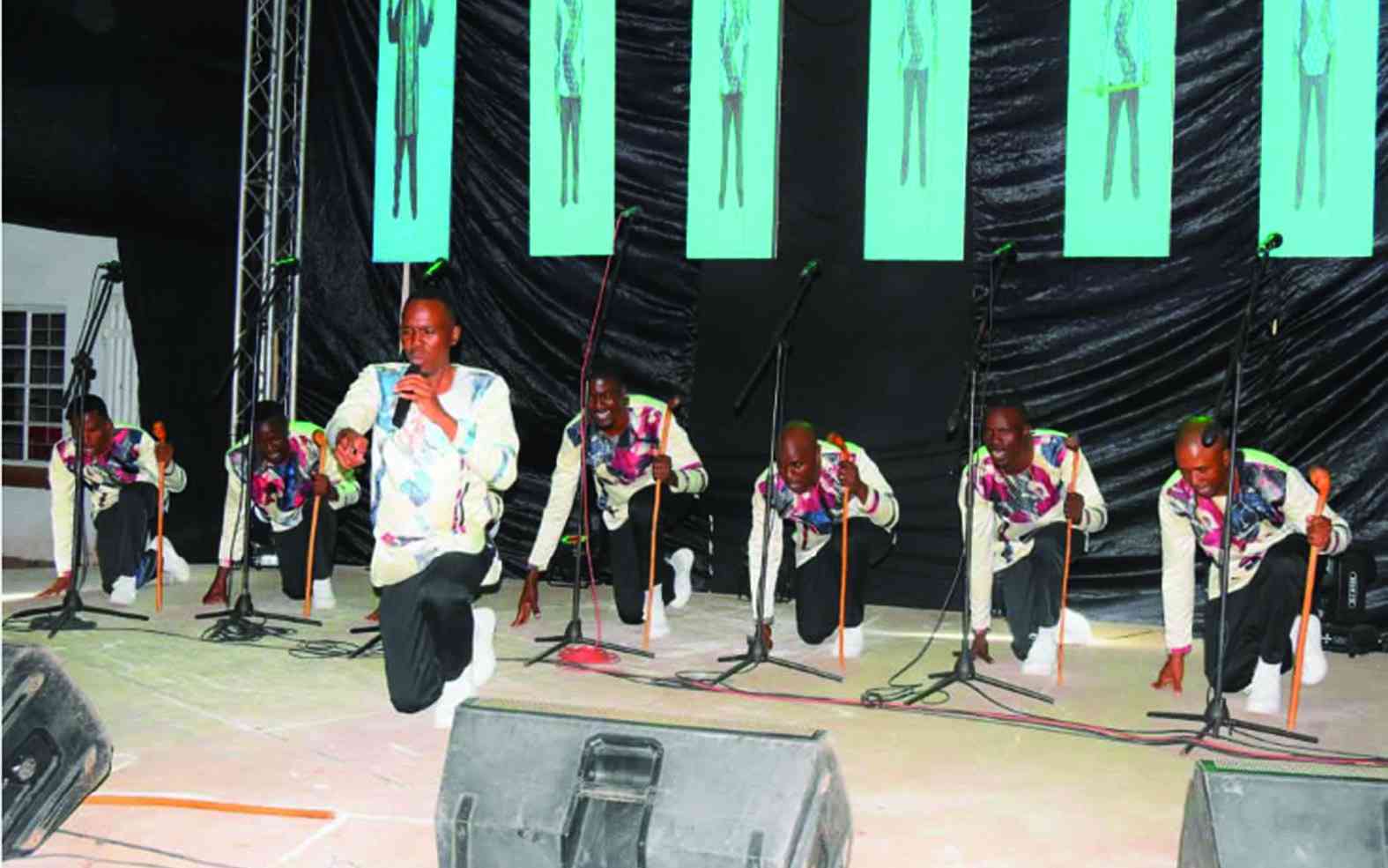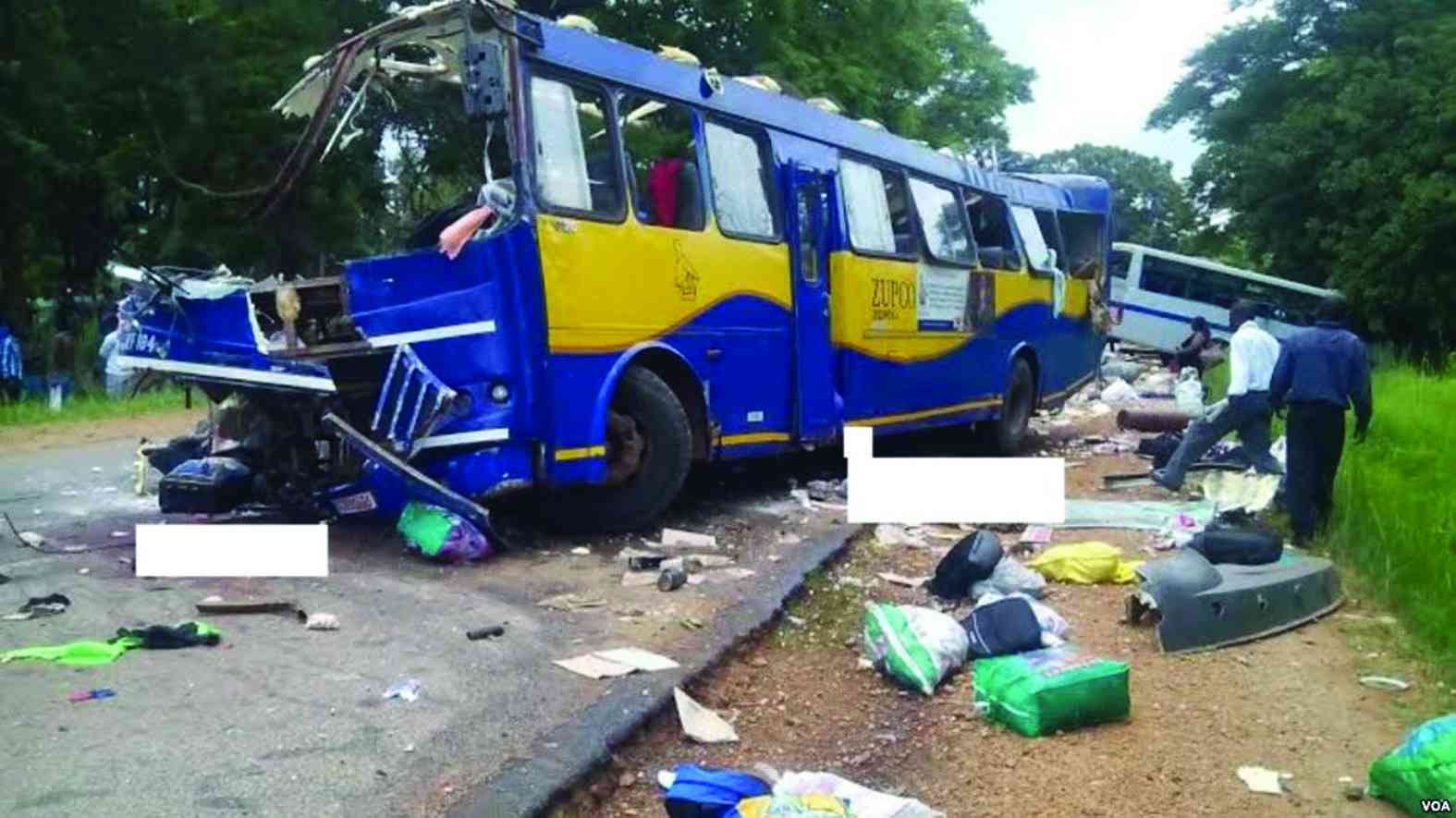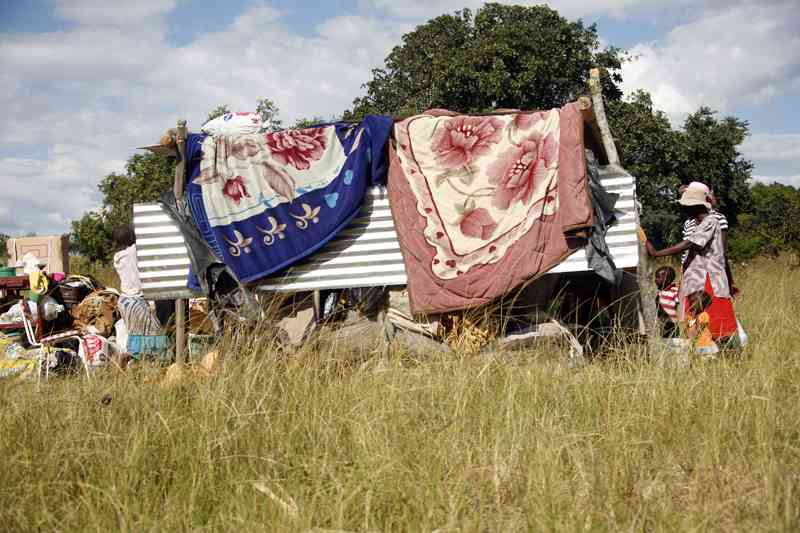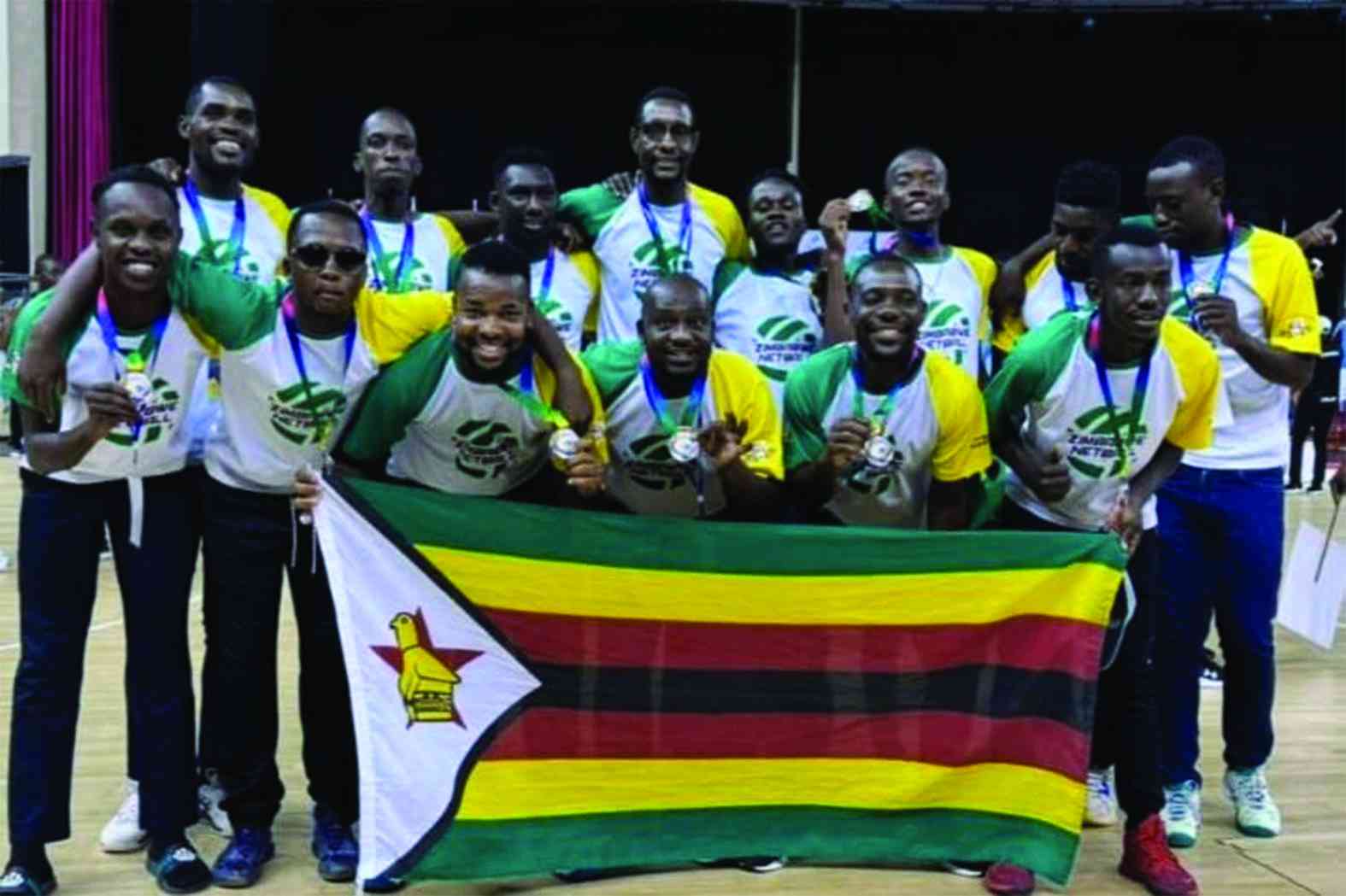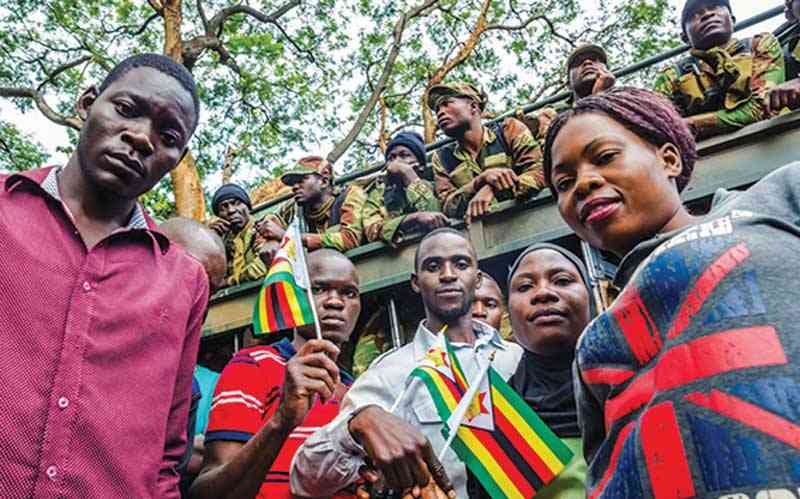
TODAY Zimbabwe celebrates Unity Day. It is a day that is meant to unite Zimbabweans as they reflect on the dark past of the 80s in which about 20 000 people were killed in what is now known as Gukurahundi.
Unity Day was born out of the accord signed by the two liberation political parties, PF Zapu and Zanu PF on December 22, 1987, which ended the Gukurahundi massacres in Matabeleland and Midlands provinces.
The scars are still visible as no national leader has issued an apology over the massacre, the darkest past in post-independence Zimbabwe. The closest that an apology was ever proffered was when former President the late Robert Mugabe said Gukurahundi was a "moment of madness".
We have also had other dark episodes in Zimbabwe’s history — Murambatsvina, the bloody elections of 2000 and the “short-sleeve” 2008 run-off whose scars have not yet healed.
Zimbabwe celebrates Unity Day more than divided after the disputed harmonised elections held in August which the opposition Citizens Coalition for Change (CCC) dismissed as a “gigantic fraud”.
The recent recalls and barring of CCC members to participate in the by-elections have been interpreted by neutrals as Zanu PF’s machinations to decimate the opposition political formation. The sentiments come after President Emmerson Mnangagwa told a Zanu PF annual conference that the by-elections afforded the party the opportunity to “democratically kick out opportunistic, heartless and politically-immature puppets of our detractors who pretend to be opposition political parties”.
We need unity, more than before for Zimbabwe to achieve upper-middle-income status by 2030.
Work is cut out for Mnangagwa. As the CEO of Zimbabwe, he must lead by example in the promotion of unity and rein in those that are working against unity, including those from his party.
- Mr President, you missed the opportunity to be the veritable voice of conscience
- ED to commission new-look border post
- Zanu PF ready for congress
- Zanu PF ready for congress
Keep Reading
He must take off his Zanu PF tag and promote unity among citizens.
Unity moves mountains. In the period 2009 to 2013, Zimbabweans enjoyed probably their best years as the government of national unity removed divisions and acrimony. The economy responded with price stability experienced during that period. Political violence became a thing of the past so were arrests of activists on trumped up charges.
The economic cake must be shared equitably with more work required to narrow the gap between the rich and the poor.
While the Unity Accord may have been a deal between the two dominant parties of the time, it goes without saying that Zimbabwe needs unity and efforts towards reconciliation must be accelerated.
The National Peace and Reconciliation Commission (NPRC) was supposed to be Mnangagwa’s best foot forward in the promotion of unity. However, that chance was squandered after the NPRC’s term ended and Mnangagwa’s administration said it would not extend its shelf life and would transfer some of its roles to the Zimbabwe Human Rights Commission.
Be that as it may, it is only unity that will take Zimbabwe forward. However, the quest for unity should not be confused with political patronage.
Zimbabweans can still be united but with divergent views. The ruling Zanu PF is not the custodian of unity.
As Zimbabwe celebrates Unity Day today, it is a time to reflect whether we have ticked all the boxes in the promotion of unity. Greek philosopher Socrates emphasised the need for reflection, saying “an unexamined life is not worth living”.


